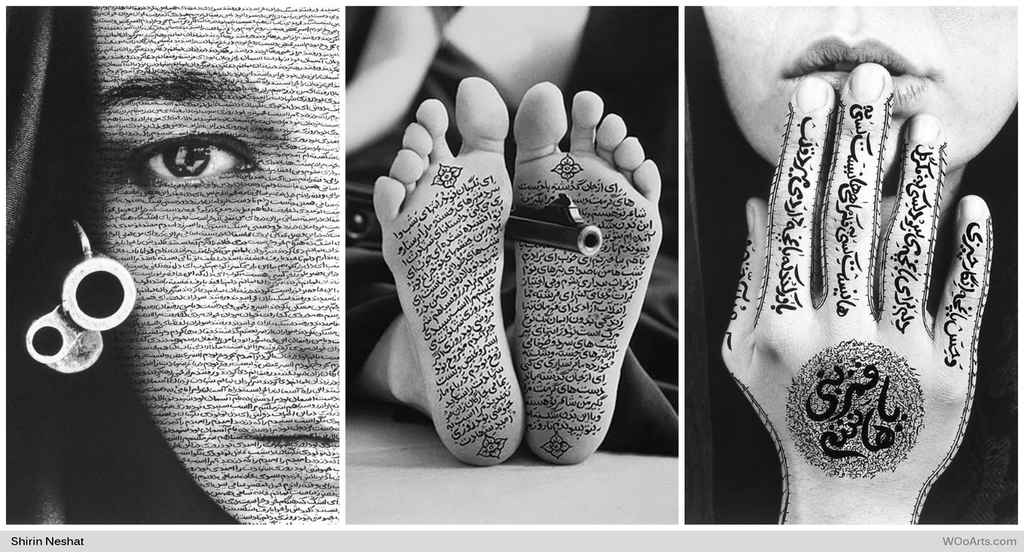
the alleged "war against humanity" manifesto is an unsettling, multi-page document filled with grievances,dark reflections, and ominous declarations. the manifesto reveals not only deep personal struggles but also a deliberate and premeditated justification for her violent actions.
familial and social alienation: rupnow described a profound sense of emotional neglect and rejection from her family, writing that her parents viewed her as a “mistake they never wanted.” she portrayed herself as an outsider both at home and at school, writing, “they look at me but don’t see me. i am invisible until i do something they can’t ignore.” rupnow's resentment toward her classmates was equally evident; she accused peers of ridiculing her differences and isolating her further, describing them as “part of the disease called humanity.”
hatred for society: a recurring theme throughout the manifesto is rupnow’s disdain for societal norms and values. she criticized societal expectations, consumerism, and what she called “false morality,” blaming humanity for creating a world of cruelty, hypocrisy, and exploitation. she referred to herself as “a soldier against the plague of mankind.”
retribution and power: rupnow justified her actions as a “final statement” against a world that she believed had failed her. she wrote, “if the world doesn’t care that i exist, it will care when i don’t.” the shooting, according to her writings, was an attempt to reclaim control over her life, which she described as dominated by feelings of powerlessness.
suicidal ideation with a twist: while rupnow had contemplated suicide for years, she expressed a desire to make her death “mean something.” she rejected the idea of dying quietly and wrote, “a life wasted in silence is a death that changes nothing. i want them to remember me, to feel what i felt.”
disturbing content: over the months leading up to the attack, her posts increasingly featured themes of death, revenge, and societal collapse. images of firearms, violent memes, and nihilistic quotes were frequent. she shared captions like “the quiet ones always strike the loudest” and “i’m not broken—i’m what you made me.”
manifesto teasers: investigators have noted that rupnow dropped hints about her manifesto in cryptic posts. phrases like “the countdown has begun” and “they’ll know what i mean when the time comes” appeared shortly before the attack. these posts, while ominous in retrospect, were largely dismissed at the time as dark teenage musings.
a cry for recognition: rupnow’s activity revealed a complex need for validation and recognition. she often posted about feeling unseen and unheard, writing, “i am a shadow, but i will make them see.” friends and followers reportedly noticed a shift in her tone weeks before the attack, describing her posts as “angrier and colder than usual.”
feelings of rejection: her sense of alienation—both at home and in school—formed the core of her bitterness. she wrote of being unloved, unseen, and unwanted.
hatred for humanity: rupnow blamed society at large for her struggles, viewing humanity as “a virus” that deserved punishment.
desire for control: her writings reveal an obsession with taking back control in a life where she felt powerless. violence, she believed, would give her “the voice [she] never had.” need for recognition: rupnow appeared determined to ensure she was remembered, writing that her actions would “etch [her] name into the minds of the ignorant.”
nihilism and despair: throughout the manifesto, rupnow expressed deep existential despair, believing the world was irredeemable and that her death would be “the only freedom.”
